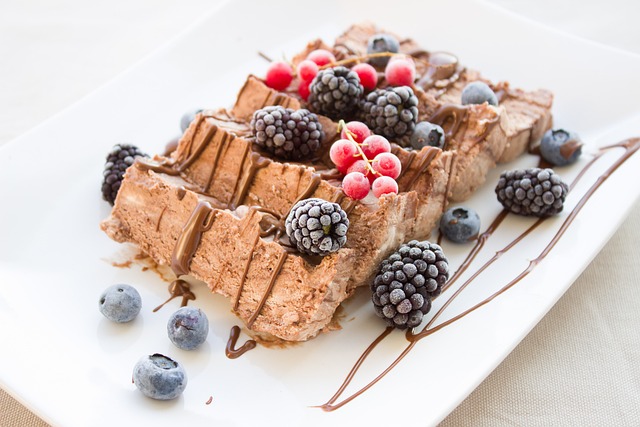Beyond Yogurt: Exploring the World of Probiotic-rich Foods
Probiotics have gained immense popularity in recent years for their numerous health benefits. While yogurt is often the first thing that comes to mind when thinking about probiotics, there is a whole world of probiotic-rich foods out there waiting to be explored. In this blog post, we will delve into some lesser-known sources of probiotics that can be a great addition to your diet.
Kefir
Similar to yogurt, kefir is a fermented dairy product made by adding kefir grains to milk. These grains are a combination of bacteria and yeast that initiate the fermentation process, resulting in a tangy and creamy beverage. Kefir contains a diverse range of probiotic strains, including Lactobacillus and Bifidobacterium, which can contribute to improved gut health.
Sauerkraut
A favorite in many European cuisines, sauerkraut is made by fermenting cabbage. The fermentation process creates an ideal environment for the growth of beneficial bacteria, turning ordinary cabbage into a probiotic powerhouse. Some of the strains found in sauerkraut include Leuconostoc, Lactobacillus, and Pediococcus. Incorporating sauerkraut into your diet can not only introduce probiotics but also boost your immune system and enhance digestion.
Kombucha
Kombucha is a fizzy and tangy fermented tea that has been consumed for centuries. It is created by fermenting sweetened tea with the help of a symbiotic culture of bacteria and yeast (SCOBY). The fermentation process produces acetic acid, various vitamins, and probiotics. Kombucha is available in many different flavors and can be a refreshing alternative to sugary beverages while providing your body with a good dose of beneficial bacteria.
Miso
Miso is a traditional Japanese seasoning made from fermented soybeans, rice, or barley. It is commonly used to add depth of flavor to soups, marinades, and sauces. Miso is a natural source of probiotics, particularly the strain called Lactobacillus. Consuming miso can not only enhance the taste of your dishes but also support your digestive health.
Tempeh
Tempeh is a soybean-based product originating from Indonesia. It is made by fermenting soybeans with a specific type of fungus called Rhizopus oligosporus. This fermentation process not only creates a unique nutty flavor but also introduces probiotics into the final product. Tempeh is a versatile ingredient that can be used as a meat substitute in various dishes, making it a great option for vegetarians and vegans looking to incorporate probiotics into their diet.
Kimchi
Kimchi is a staple in Korean cuisine and is made by fermenting vegetables, usually cabbage, with a mix of seasonings such as garlic, ginger, and chili powder. The fermentation process gives kimchi its distinct tangy and spicy flavor while promoting the growth of beneficial bacteria. The most prominent probiotic strain found in kimchi is Lactobacillus kimchii. Adding kimchi to your meals can not only introduce probiotics into your gut but also provide you with essential vitamins and minerals.
Conclusion
While yogurt is a popular choice for probiotics, it is worth exploring the wide range of probiotic-rich foods available. Incorporating foods like kefir, sauerkraut, kombucha, miso, tempeh, and kimchi into your diet can contribute to a healthy gut and overall well-being. Experiment with these diverse options and enjoy the benefits of a varied probiotic intake. Remember to consult your healthcare provider before making any significant changes to your diet.







